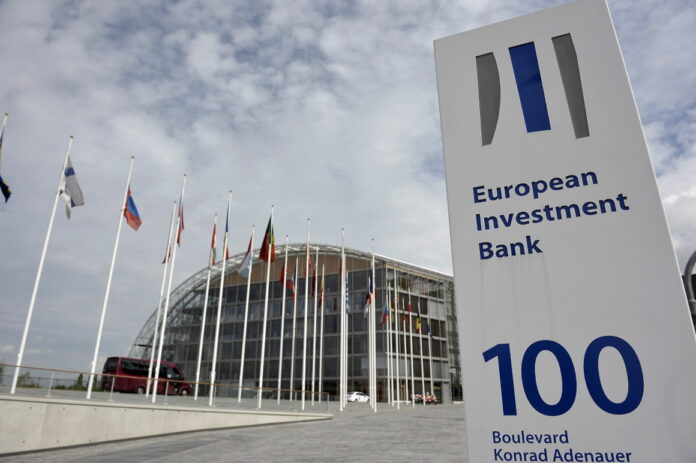By Tanko Mohammed
Sub-Saharan Africa would benefit five billion euros from the European Union (EU) Green Economy Recovery Plan, an EU official has said.
Mr Leonard Mizzi, Head of Unit, European Commission, Directorate-General for International Cooperation and Development, said this at the ongoing 2020 virtual summit of the African Green Revolution Forum (AGRF) hosted by Rwanda.
Speaking at a panel discussion tagged “The Key Role of SMEs in Serving Urban Food Markets”, Mizzi said the fund set aside for sub-Saharan Africa is part of the EU’s seven-year green plan from 2021 to 2027.
The head of unit, who also specialises in Rural Development, Food Security and Nutrition, emphasised that the fund would be used to address water, health, sanitation and social economy.
Mizzi said, “In a team of European context, which is the full firepower of the European Commission, all EU member states, the EU Investment Bank (EIB) and European Bank for Reconstruction and Development (EBRD), member states mobilised 11 billion euros; European Commission mobilised 14 billion euros; EIB mobilised 14.5 billion euros; and EBRD mobilised 4 billion euros.
“Sub-Saharan Africa will benefit around five billion euros. The money is a composite amount for emergency, humanitarian with a focus on saving lives but it was also made to address water, health, sanitation and social economy.”
He, however, said that the region must demonstrate economic recovery strategies in line with the EU’s green recovery plan to access the fund which is targeted at the African Continental Free Trade Area.
He further said that sub-Saharan nations should focus on developing local and regional markets and bridging infrastructure gaps.
Mizzi added that the region should also ensure harmonised standards of products and trade operation, identify opportunities for SMEs and address issues of food fortification in the region.
“The EU since April, is providing fiscal space through budget support and budget support modalities.
“We inject fiscal space so that African countries mobilise support which would also include loans for local companies and SMEs, and also support agro-food companies,” Mizzi noted.
He said that the ACFTA was a continental-driven agenda the EU would want high quality products for its trade partners, which includes basic food safety and standards setting.
Mizzi said:“Figures show Europe remains an important market and we will like to be a key partner in the international trade.
“The key aspect of COVID-19 shows that we need to focus more on local and regional markets.
“You can’t expect good flow of goods from countries to sub-Saharan or within the region if you have problems around road logistics, cargo logistics and port logistics.
“This is key because Africa’s urban population cannot support major infrastructure gaps if it is not addressed.”
Mizzi further emphasised the need for harmonised standards at all agricultural value chains and trade sectors in the continent.
He said this would be in addition to scaling up training at the primary, secondary and vocational levels.
Mizzi said, “We want to continue the support of the rescaling of laboratories, research in African universities and post-university researches.”
He stressed that supporting academic and post-university research would ensure Africa’s non-dependency on foreign expertise.
Furthermore, he urged SMEs “to link into tertiary institutions, researches and public policies to support climate-change driven and innovative value chains transformative process”.




